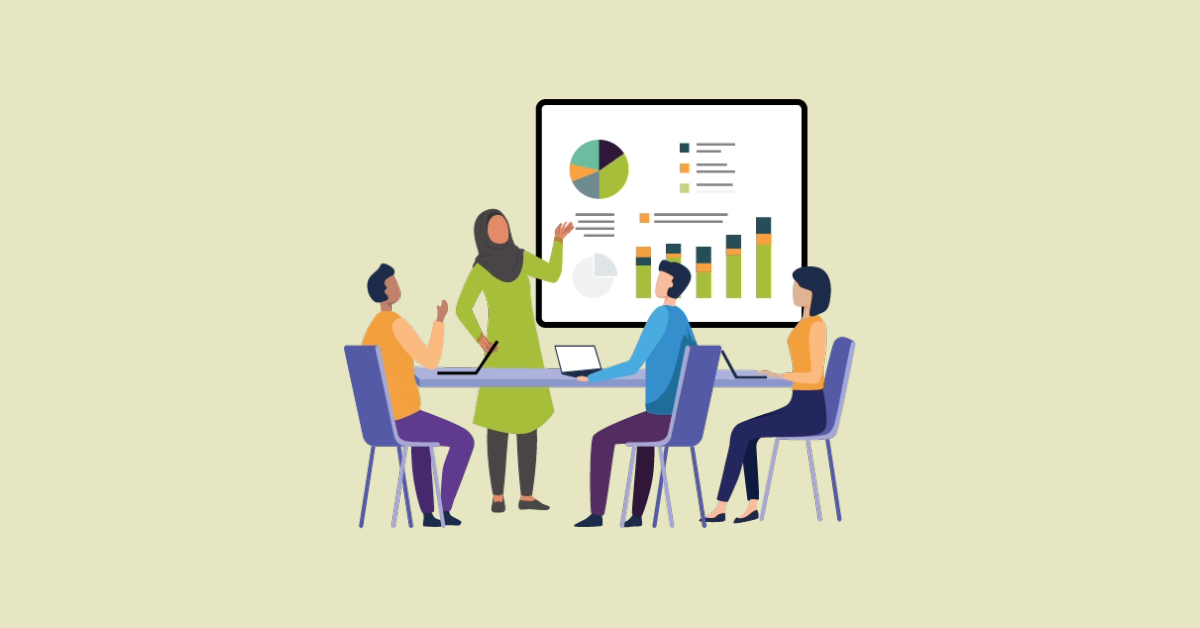Webinars

Engage with D4I by joining us for upcoming webinars or browsing past webinar materials below. Want to stay in the loop? Sign up to receive D4I emails and the Monitor newsletter to get notices of upcoming webinars.
Bangladesh’s Adolescent Landscape: Unveiling Insights from the Bangladesh Adolescent Health and Wellbeing Survey 2019-20
USAID’s Inclusive Development approach champions health equity with the idea that every individual and community, of all diverse identities and experiences, play a pivotal role in the transformation of their own societies. USAID works to integrate inclusive development in the areas of disability rights, inclusion and equity, mental health, and youth, among others.
Charting a path towards local capacity strengthening: Systems and tools for mapping and planning
Based on MOMENTUM’s Enhanced Framework on Organizational Capacity, the CMMS presents a new approach to planning and monitoring performance improvement. This integrated, systems-oriented package enables a partner organization to map their assets, challenges, and the internal drivers that either support or limit their performance. The CMMS generates real-time data and offers a monitoring process to make course corrections. It is designed to foster improvements in organizational performance, user ownership of the improvement process, and an in-depth understanding of performance determinants.
Research and Evaluation Needs to Support Sustainable Health Programs
Drawing on peer-reviewed and grey literature alongside interviews with a range of stakeholders from the USAID and local research organizations, presenters shared recommendations for USAID to support sustainable research and evaluation capacity strengthening for health programs centered around six thematic areas:
Equitable Approaches and Tools in Knowledge Management
Watch the recording in English and download the presentation slides, or listen in French and access the French presentation.
Preparing Future Social Workers for Data-Driven Practice: A Panel Discussion with Universities in Moldova and the USA
Pregătirea viitorilor asistenți sociali pentru o practică bazată pe date: Panel de discuții cu universități din Moldova și SUA
Validation of a Reproductive Empowerment Scale Using Longitudinal Data
Watch the webinar in English with French slides or listen in French. Download the English and French slides.
Promoting Health Equity in the Armenia D4I Counter-Trafficking in Persons (C-TIP) Activity
Watch the webinar recording.
Family planning needs across the life cycle in Bangladesh: Synthesis of recent evidence and a proposed new approach
M. Moinuddin Haider, MSc, MPH, is an Assistant Scientist in the Health Systems and Population Studies Division in icddr,b, Bangladesh. He received a MSc in Applied Statistics from the University of Dhaka and a Master of Public Health from the Independent University, Bangladesh. He has over 12 years of experience in monitoring and evaluation of population, health and nutrition programs, and survey and demographic surveillance research. His other expertise includes health and demographic measurement improvement in population-based surveys.
Behavioral Interventions for the Use of Evaluation Findings
Agata Slota leads the D4I Behavioral Interventions for the Use of Evaluation Findings activity. She is a Behavior Change, Research and Communications Advisor at Palladium, applying insights from behavioral science and strategic communications on projects that span sectors and geographies. Agata has master’s degrees in behavioral science and in international affairs.
Recent health equity-focused work under The Demographic and Health Survey (DHS) Program
Urban poverty and child health indicators (Shireen Assaf)
Evaluating integrated health programs: An example from Nigeria
Siân Curtis, PhD, is a professor in the Department of Maternal and Child Health at the Gillings School of Global Public Health at the University of North Carolina at Chapel Hill and is the faculty principal investigator for the D4I project. Her research focuses on monitoring and evaluation of population, health, and food security programs, and on reproductive health, primarily in low- and middle-income countries.
RECAP: A tool to assess and grow local capacity for rigorous research and evaluation of health programs
Watch the webinar recording and access the RECAP materials.
Data integration under The Demographic and Health Survey Program
The Presentations
Development of a tool to assess the gender competency of family planning providers
Watch the webinar recording and view the presentation slides.
Lessons learned for drawing on multiple secondary data sources in evaluation
Emily Weaver, PhD, has worked for 16 years in research and evaluation of public health programs with expertise in reproductive, maternal, newborn and child health (RMNCH). At Data for Impact, Dr. Weaver leads evaluations in sub-Saharan Africa and Asia for programs focused on RMNCH, nutrition, and HIV.
Use of Routine Data for Economic Evaluations
Anna Krivelyova, MA, is a principal economist at ICF. She leads cost analysis and economic evaluations of health programs and interventions in areas such as HIV, antimicrobial resistance, laboratory strengthening, vector control, and mental health.
Lessons learned in using organizational network analysis for planning and evaluation of global health programs
Slides: Understanding Referral Networks for Adolescent Girls and Young WomenUsing Organizational Network Analysis to Plan and Evaluate Global Health Programs LCI Evaluation Uganda Organizational Network Analysis




